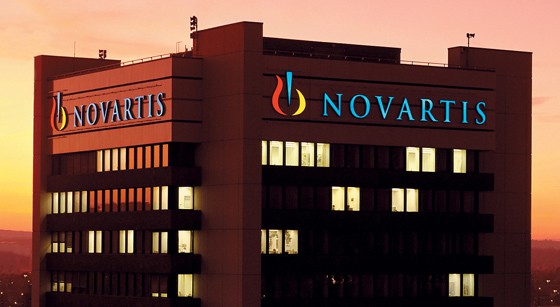
Regulators have refused to recommend the use of Novartis’ Jakavi on the NHS in England and Wales to treat patients with certain types of blood cancer.
The National Institute for Health and Care Excellence’s (NICE) final draft guidance says Jakavi (ruxolitinib) is not a cost-effective use of NHS resources for the treatment of adult patients with enlarged spleens and related symptoms who have any of the following cancers: primary myelofibrosis, post polycythaemia vera myelofibrosis or post essential thrombocythaemia myelofibrosis.
Jakavi was approved in the EU in August 2012, but has struggled to prove its worth with the cost-effectiveness body, which has already issued previous draft guidance recommending against the drug’s use.
The NICE committee that assessed the drug ahead of the latest guidance acknowledged that Jakavi was clinically effective in reducing spleen size and symptoms, such as itch and fatigue, but said “limitations” in Novartis’ economic model meant there were uncertainties in the drug’s cost-effectiveness.
These uncertainties meant the incremental cost-effectiveness ratio (ICER) varied from Novartis’ submissions of £74,000 and £57,000 per quality adjusted life year (QALY) gained to the committee’s suggestion of £149,000 per QALY gained.
NICE said these figures were likely to be underestimated and overestimated respectively, although it couldn’t be sure until it had more appropriate evidence.
The organisation also noted that Novartis had not submitted a patient access scheme to provide the drugs at a discounted rate for NHS use, something the pharma company has previously done for several other products, including Gilenya, Tasigna and Lucentis, that were subsequently given the green light.
“It is disappointing not to be able to recommend this new treatment in our final draft guidance,” said Sir Andrew Dillon, chief executive of NICE, “but in order to do this we have to be sure that the treatment is both clinically and cost effective, because money has to be diverted from elsewhere in the health service to pay for it.”
Final guidance on the use of Jakavi is expected to be published in June 2013.




